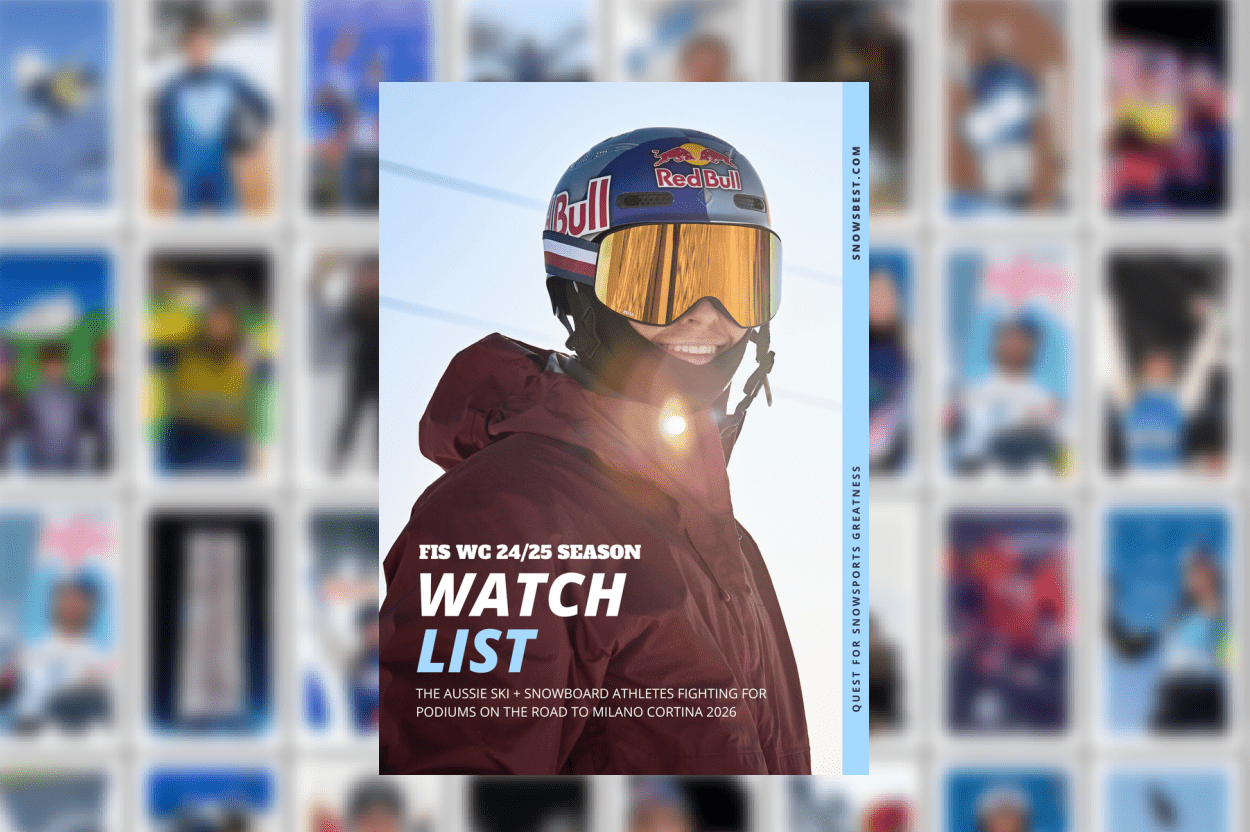We’re half way through the ski season in Europe and in typical pandemic form it has been a winter of multiple resort closures, border issues, FIS World Cup cancellations and Covid clusters.
It has, also in typical pandemic form, been filled with both epic snow falls with few people able to enjoy it and dodgy snow packs with avalanche conditions that have taken too many lives in Europe, including two mountain guides and two locals in four separate incidents in Verbier in the past week.
So, who is and isn’t open and where can you or can’t you ski safely? Bear with us as, in typical pandemic form, it’s complicated
Early in the season France, Germany and Italy pushed for Austria and Switzerland to join an EU wide closure of ski resorts, despite Switzerland not being a member. Needless to say it didn’t happen and each country is wrestling with their own tourism woes and stalled or restricted ski seasons.
Europe’s ski resorts rely on both domestic and international visitation, mainly from Britain and then neighbouring European countries. Trouble is the Brits are currently in yet another lockdown with holidays banned. Even if they wanted to travel, most European ski countries have either banned them from entry or insist upon negative Covid tests and 10 + days quarantine to enter. Though that hasn’t stopped some, as a group of UK skiers was stopped from boarding the Eurostar on a planned ski holiday.
The season has left many British ski holiday operators seriously struggling. To cope with the ever changing restrictions, Crystal Ski Holidays have cancelled all ski holidays until March 5 and Le Ski have closed their doors for this season and are taking bookings for next season with a 300% increase already.
So demand, and hope, for 2021/2022 is high.
In mid December, the World Health Organisation Europe advised that “skiing does not spread COVID-19 but busy mountain resorts do” and went on to advise authorities to “consider postponing, limiting or cancelling mass gatherings in the current European transmission context” and to “adjust and communicate decisions and any associated travel guidance early, based on how the virus is spreading domestically and internationally. Prevent those who have COVID-19 and their contacts from travelling.”
Each country has taken that advice differently, some choosing to close the chairlifts and hotels, others just the chairlifts, still others to open, but for locals only, and so on.
The FIS World Cup competition schedule has had to be flexible with event cancellations including the famous Lauberhorn race in Wengen, reschedules and relocations due to Covid. Events that have been held across Europe have done so to empty stands and socially distanced podiums.
France
Chairlifts in French ski resorts have been closed since early season. While there was hope for a February 1 re-opening, the French government announced last week that resorts will remain closed until the foreseeable future. The country’s current curfew is effective from 6pm to 6am daily and Covid case daily infection averages are sitting at 20,000.
There is hope for ski resort chairlifts to resume operating by end of February or early March. Though many suggest they won’t open this season at all which would be an even more devasating blow to the €10billion industry. The Ecole du Ski France (ski school) have said they will lose over €270 million this season alone.
French resorts are concentrating on promoting activities that don’t rely on chairlifts such as cross country skiing, snow shoe-ing and even snow groomer rides to attract French residents. While hotels remain open, bars and restaurants do not.
Technically if you want to downhill ski in France you can do so from an adjoining Swiss summit that shares a border, but once you’ve made it you’ll need to find a way back and check quarantine rules.
Austria
The country is currently in their third lockdown, until February 7, and hotels are closed. However chairlifts are operating after the government lifted their closure on December 24. Those who do live in ski towns are rewarded with uncrowded piste and fresh off piste powder.
While some resorts have remained open with chairlifts turning, others have decided to close including Ischgl which is yet to open this season at all. Austria has also recently extended social distance measures from 1 metre apart to 2 metres apart which also restricts numbers in gondolas and the length of lift lines.
Switzerland
Skiing in Switzerland is allowed, though it is up to each canton (region) to decide if their regional resorts can operate.
All the major resorts are open, though at a reduced capacity and with Covid restrictions including masks in cabins and cable cars and lift lines. Social distancing was an issue to start (if you’ve ever skied in Europe you’ll realise why) but this has been addressed with Covid officials monitoring lines.
However St Moritz recently placed hotel guests into quarantine after some guests tested positive for the highly contagious Covid variants from Britain and South Africa.
Chairlifts are running across the country, as are most ski schools and hotels, though it is dependent on each resort and tourism operator. Après ski is out and gatherings of people both in private and public are limited to five people at a time.
Italy
Italy’s ski resorts will remain closed until at least February 15. Though the country’s emergency decree is in place until April. Though that hasn’t stopped it snowing.
The majority of resorts have not operated yet this season and those in Lombardy are in the country’s “red zone” with only essential services and supermarkets and pharmacies open.
Pyrenees
In Andorra Spain ski resorts are open but only for locals until February 1 when they will open to other countries. The country is bordered and accessed by both France and Spain so the likelihood of foreign tourists, especially Brits, is low.
The vaccine is being rolled out across numerous European countries, so time will tell how that impacts travel and tourism for the better.
The hope is that some resorts will reopen for spring and that we’ll all be schussing the alps again next season.


































